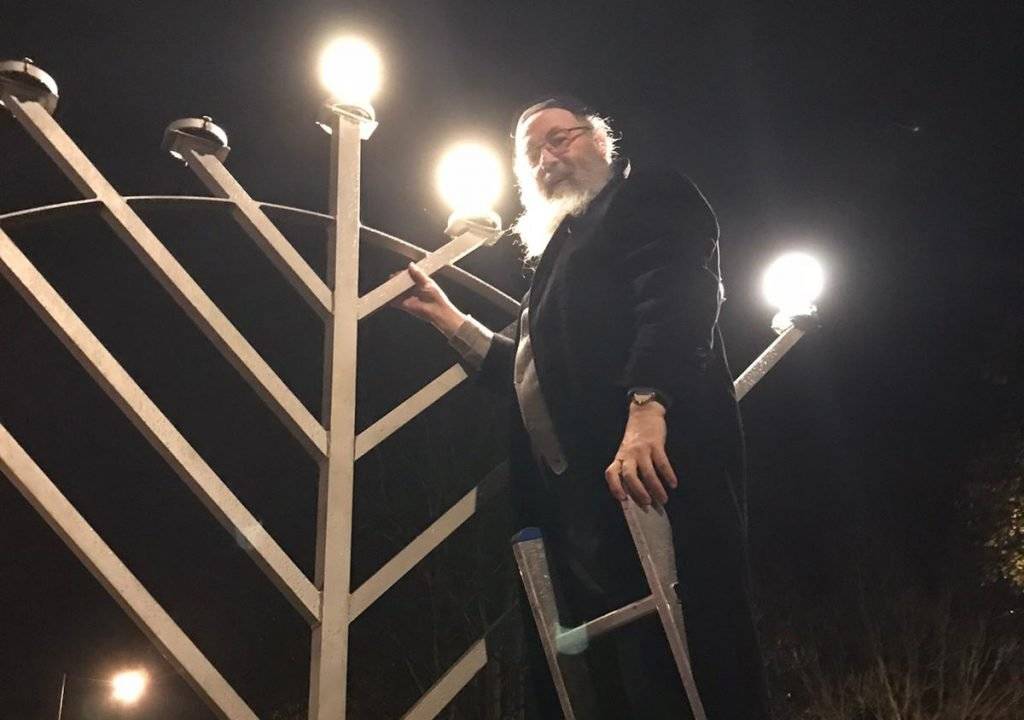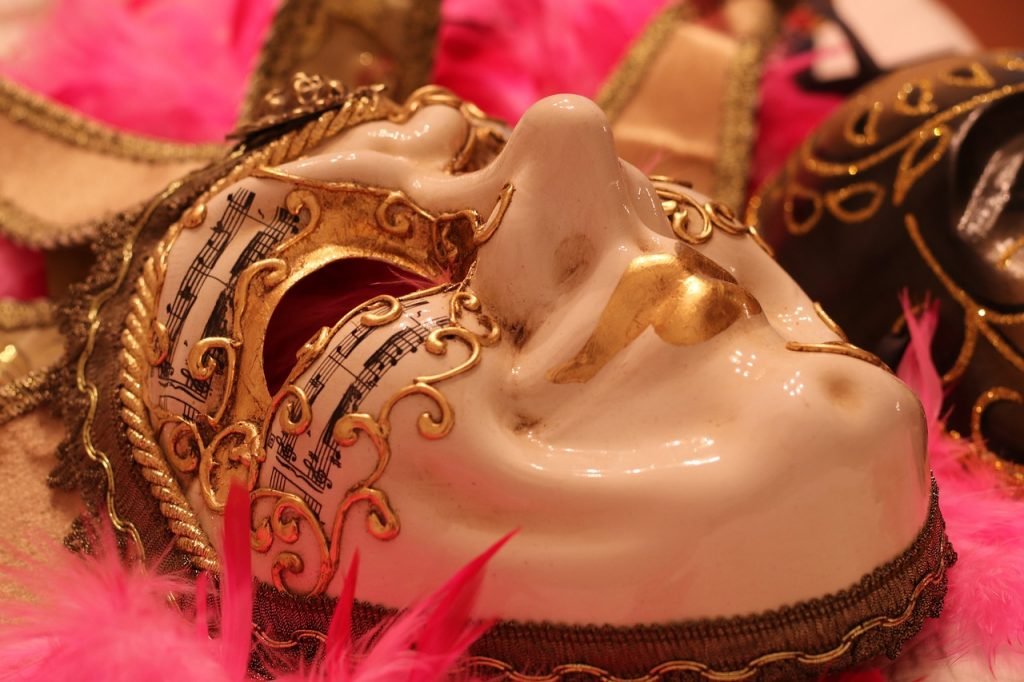A story is told that one day the grandson of the Maggid of Mezritch. (Successor of the Baal Shem Tov d. 1772) came running to him in tears. The Maggid comforted him and asked him why he was crying. The child began to explain that he had been playing a game of hide-and-seek with his friend and that he had hidden so well his friend could not find him.
“So why are you crying?” the Rebbe asked.
While wiping away his tears the boy answered, “Because my friend has stopped looking for me and it’s no longer any fun just to remain in hiding.”
As the boy complained about his unkind friend, tears began to roll from the eyes of the Rebbe, and he said, “Indeed. That’s exactly what the A-lmighty Himself says: ‘I hide myself, but people have given up looking for Me.”
Purim is the holiday of hiding. One must probe beneath the surface to find the spiritual dimension that lies underneath. In fact, the disguises, and the masks that we wear on Purim, are all designed to underscore the essential hiddenness of this day.
The Book of Esther, the Megillah, is unique in that it is the only book in the Tanach that does not mention G-d’s name a single time. (Actually G-d’s name also does not appear in Shir Hasharim)
The rabbis saw a connection between the name Esther and the Hebrew word hester or hidden. In the Torah G-d says to Israel: “I will surely hide (hastir astir) My face from you…” The sages see this Hebrew phrase as a subtle suggestion of the hiddenness of G-d during the time of Esther. They saw the meaning of Esther’s name, combined with the absence of any explicit mention of G-d, and took this as an indication that the Purim story, is about that which is hidden.
To underscore the hiddenness of G-d, the entire narrative seems to be one of chance and coincidence — the very things that the Torah tells us the world is not! In the Megillah, G-d’s hand seems to be invisible. Queen Vashti just happens to refuse to appear at the royal feast; the King just happens to rid himself of her and to search for a new queen; Mordecai just happens to be in the right place at the right moment to foil a plot against the King’s life; the King just happens to have a sleepless night and his courtiers remind him that Mordecai saved his life; Haman just happens to be in the Queen’s chambers when the King walks in. And so on…
There is something unique about Purim in comparison with all the other Festivals. Our Sages state that in the future, after Moshiach comes, all the festivals, Pesach, Shavuot and Sukkot, will be nullified, but although Purim which is not mentioned in the Torah, and was instituted by the, the Men of the Great Assembly around 350 BCE, will remain and will be celebrated.
This must mean that the festivals will no longer be necessary. Whatever these Yomim Tovim achieve won’t be relevant when Moshiach comes.
One way of perceiving G-d is linked to the Pesach story of the Exodus, the giving of the Torah on Shavuot and the protection of the Children of Israel while they wandered in the desert, which is commemorated on Sukkot. In each of these cases, G-d performed overt miracles, showed His command of nature, and openly played His Hand.
However, during the Purim story, G-d’s overt Hand is hidden. Recognizing G-d when His power is not on full and obvious display, demands a much greater and deeper degree of faith.
When Moshiach brings his spiritual light into the world, we will no longer need the light from the Torah festivals to guide us in seeing Who is really running the world. It will become clear and obvious that it is G-d who controls nature and always did.
In contrast, the distinctive light of Purim, which is embodied in the ability to recognize G-d even when He is hidden, will never be extinguished. G-d granted an eternal reward to the Jewish people for recognizing Him in the events of the Purim story even though He was hidden. That reward is the assurance that we will never lose the ability to see and understand Who is really running the world.
Purim will continue to exist, because people will continue to need a window of opportunity to access that particular kind of light in the ordinary and mundane.
Gradually we begin to understand the role of masks in the Purim story. The entire deliverance of the Jewish people is masked. It is a story wrapped in a disguise, hidden behind a costume, concealed behind a mask.
The lesson is clear: G-d can be easily served when we witness “open” miracles but the real challenge and one that strengthens our faith, is to endeavour to “unmask” the so-called natural and ordinary events in our lives and to see them as true miracles. As a good friend of mine often says, “There is no such thing as coincidences, there are only G-dincidences.
It’s much more of a challenge to remember G-d in the ordinary and routine, than it is to remember Him in the special and the miraculous, but when we do, our eyes reveal something almost Messianic.
Purim is the holiday of hiding. But its message need not be concealed from us.
Wishing you a very happy and inspirational Purim.



